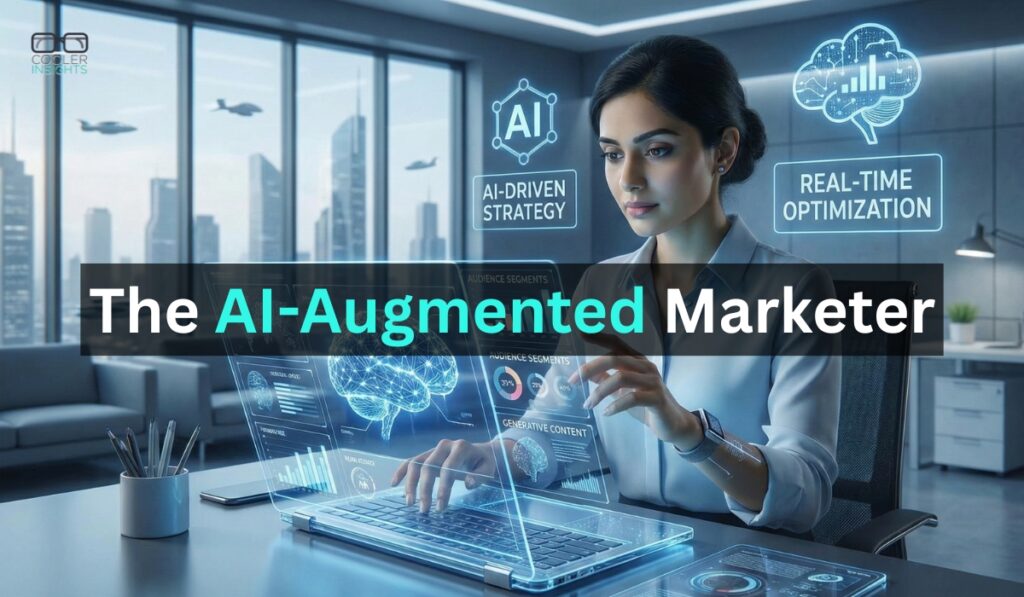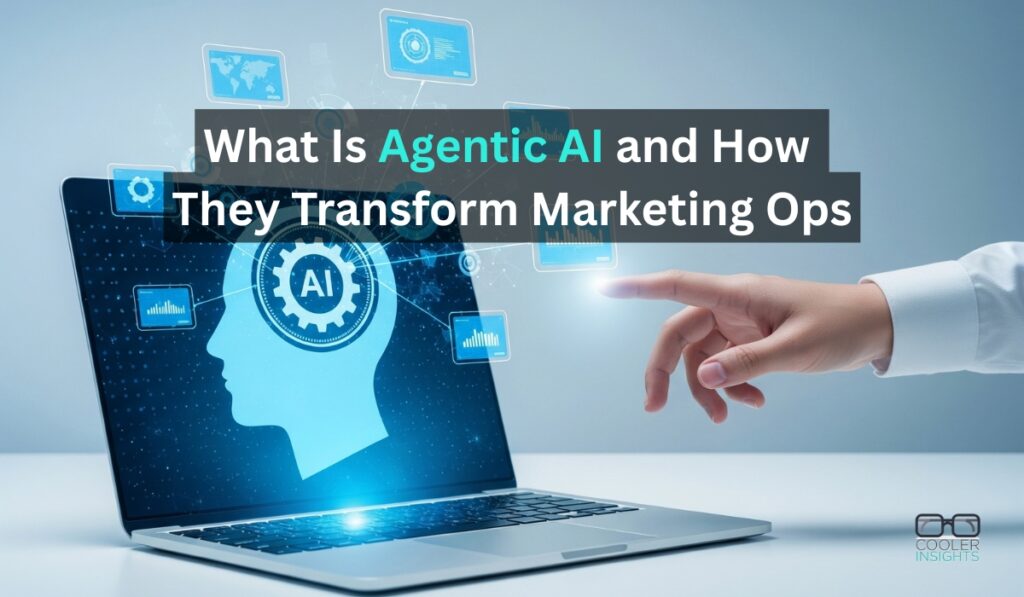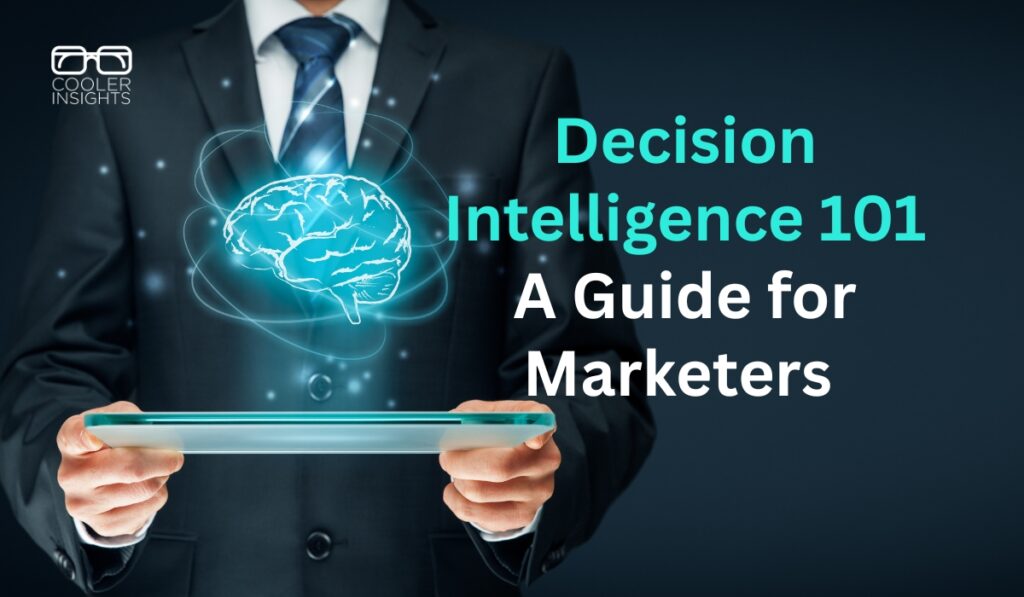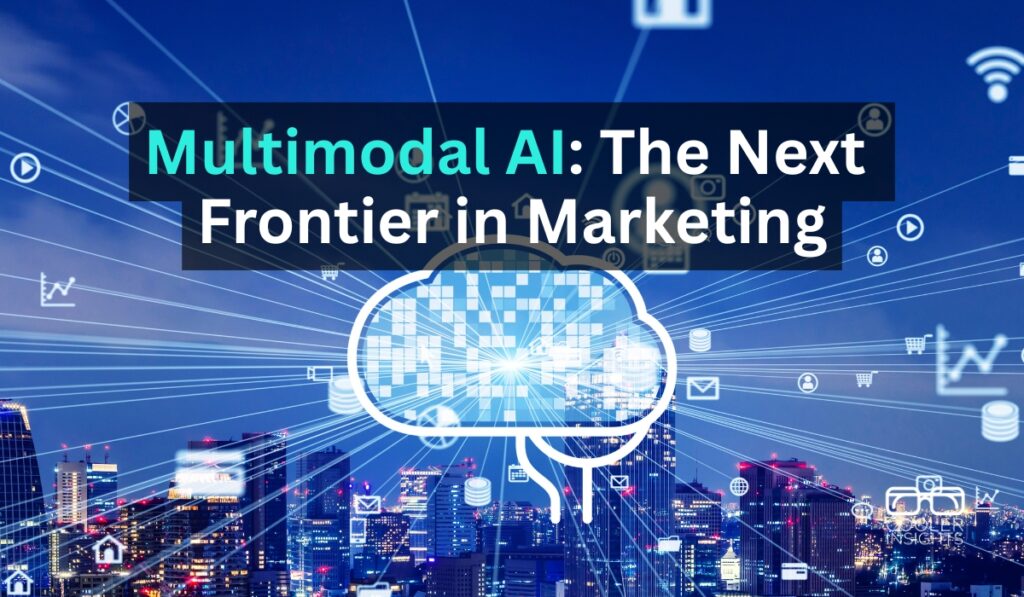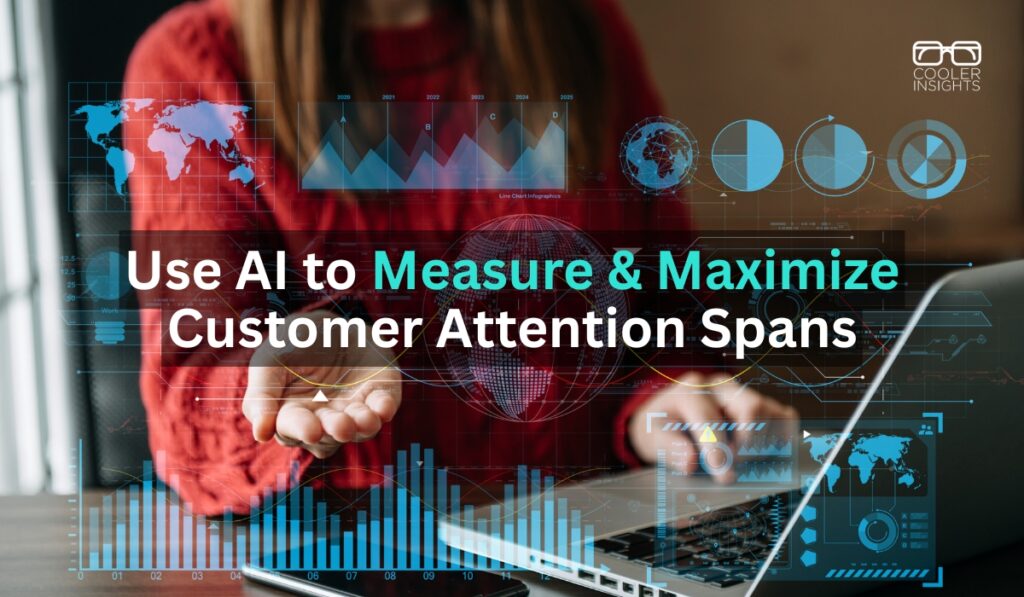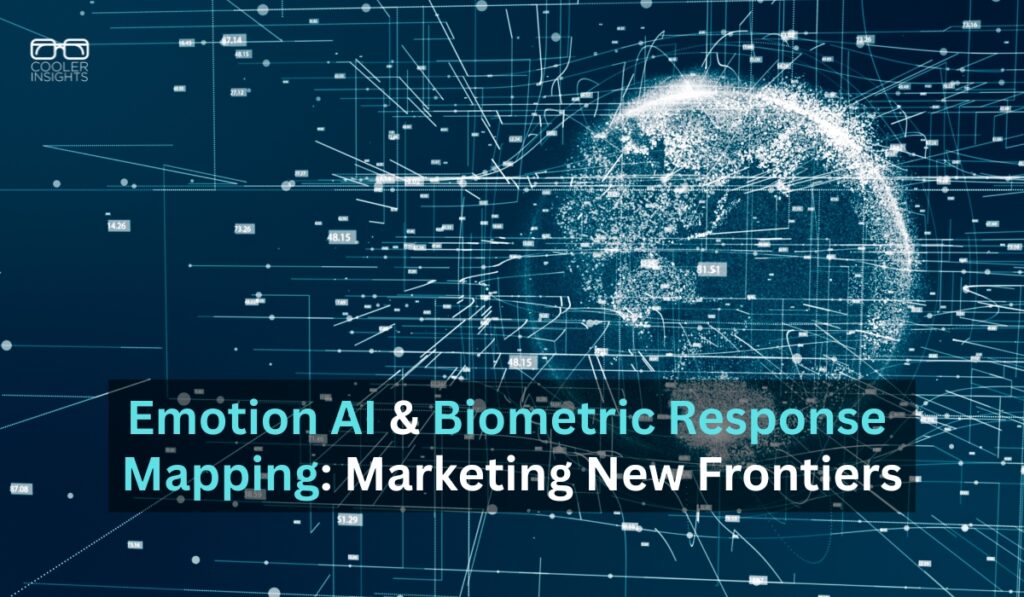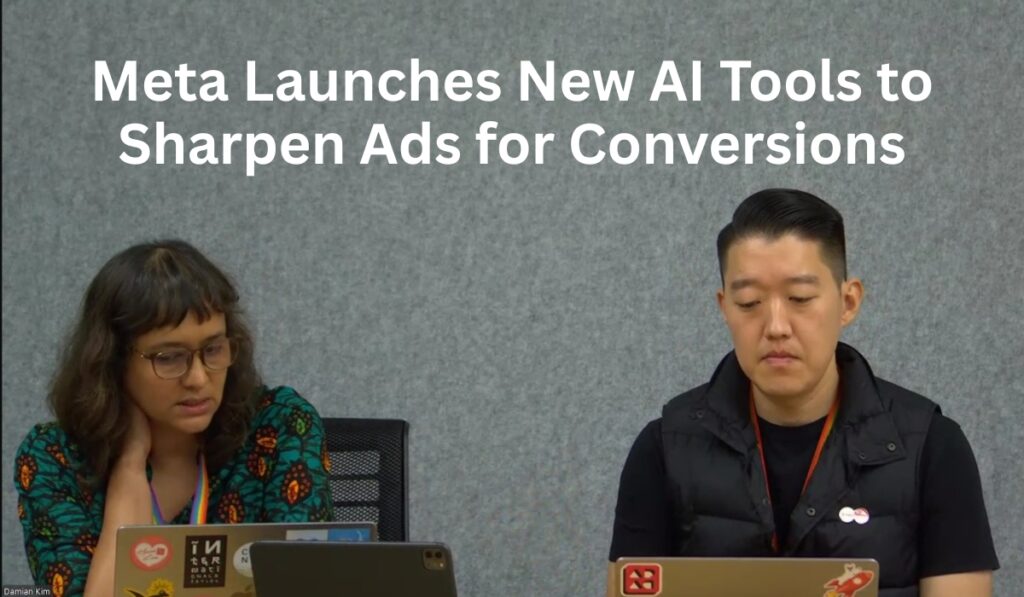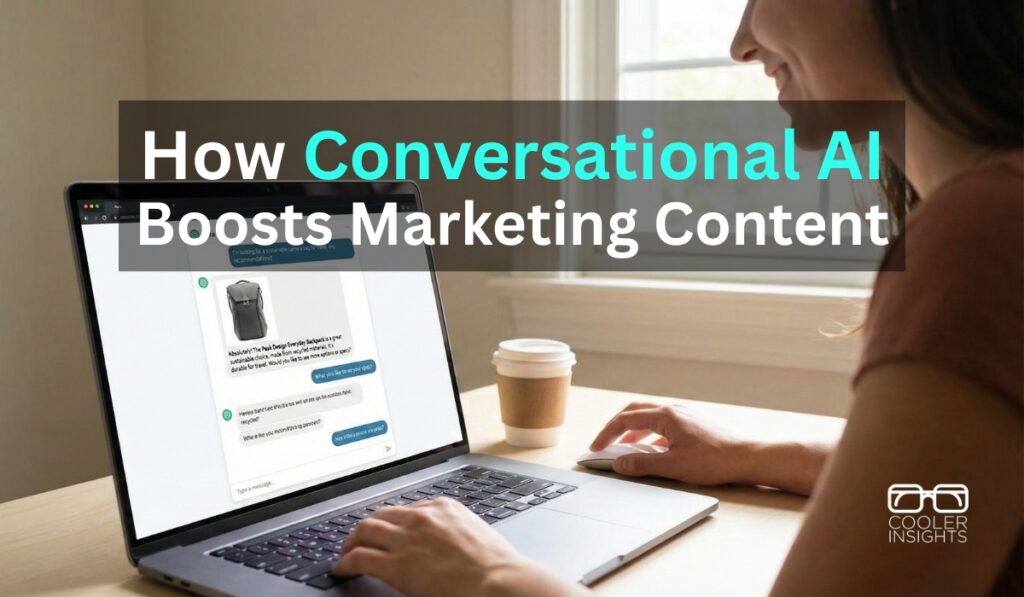
Have you deployed conversational AI to help users navigate your site? Marketing teams may be producing more content than ever, but that content isn’t always easily accessible.
Often, case studies, blog posts, videos, and white papers may be too advanced for a visitor early in their journey.

